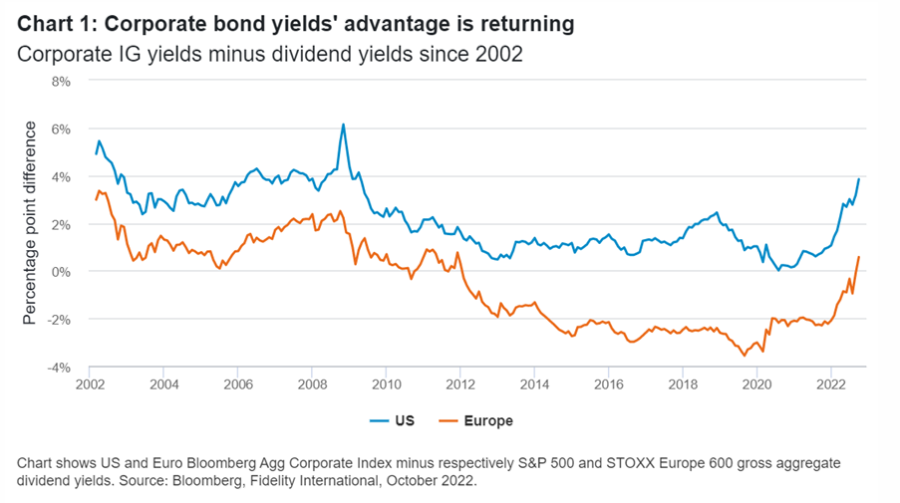Friends, buckle up. The global landscape is…turbulent, to say the least. Let’s dive right in.

Photo source:www.ngssuper.com.au
Domestically, China’s cyberspace regulator is intensifying its crackdown on financial information chaos online. They’re clearly signaling zero tolerance for market manipulation and dodgy advice – about time, frankly. And they’re streamlining business registration processes, making it easier to move and set up shop. A good move for efficiency, but let’s see if it translates into real economic impact.
Now, internationally… Japan is scrambling to manage mounting inflationary pressures with a plan to release cheaper rice reserves – a desperate move that reveals the depth of their struggle. Meanwhile, they’re cozying up to the US for a potential tariff deal before the G7 summit. Expect political maneuvering, not necessarily market-moving results.
On the Russia-Ukraine front, a draft peace memorandum is supposedly coming soon. I remain skeptical but will be watching closely.
France is facing a major power outage, disrupting 160,000 homes – and even halting screenings at the Cannes Film Festival. A reminder that even the glitz and glamour can’t shield us from basic infrastructure vulnerabilities.
Finally, the EU is considering escalating sanctions against Russia, potentially kicking 20 banks off SWIFT and tightening the oil price cap. These are significant escalations, with potentially far-reaching consequences for energy markets and global trade.
Let’s unpack a bit of that SWIFT talk.
SWIFT (Society for Worldwide Interbank Financial Telecommunication) is the messaging network banks use to securely transmit information and instructions for financial transactions.
Being removed from SWIFT effectively cuts off a bank’s access to the global financial system making international transactions extremely difficult.
It’s a powerful economic weapon, but using it carries risks—potentially driving Russia to create alternative systems.
Lowering the price cap on Russian oil aims to reduce Moscow’s revenue. However, it could also disrupt global oil supply. These sanction decisions aren’t simple; they’re delicate balancing acts.

:max_bytes(150000):strip_icc()/GettyImages-979256358-07bbc1056cc749c49606af47f0ab8d3a.jpg)




